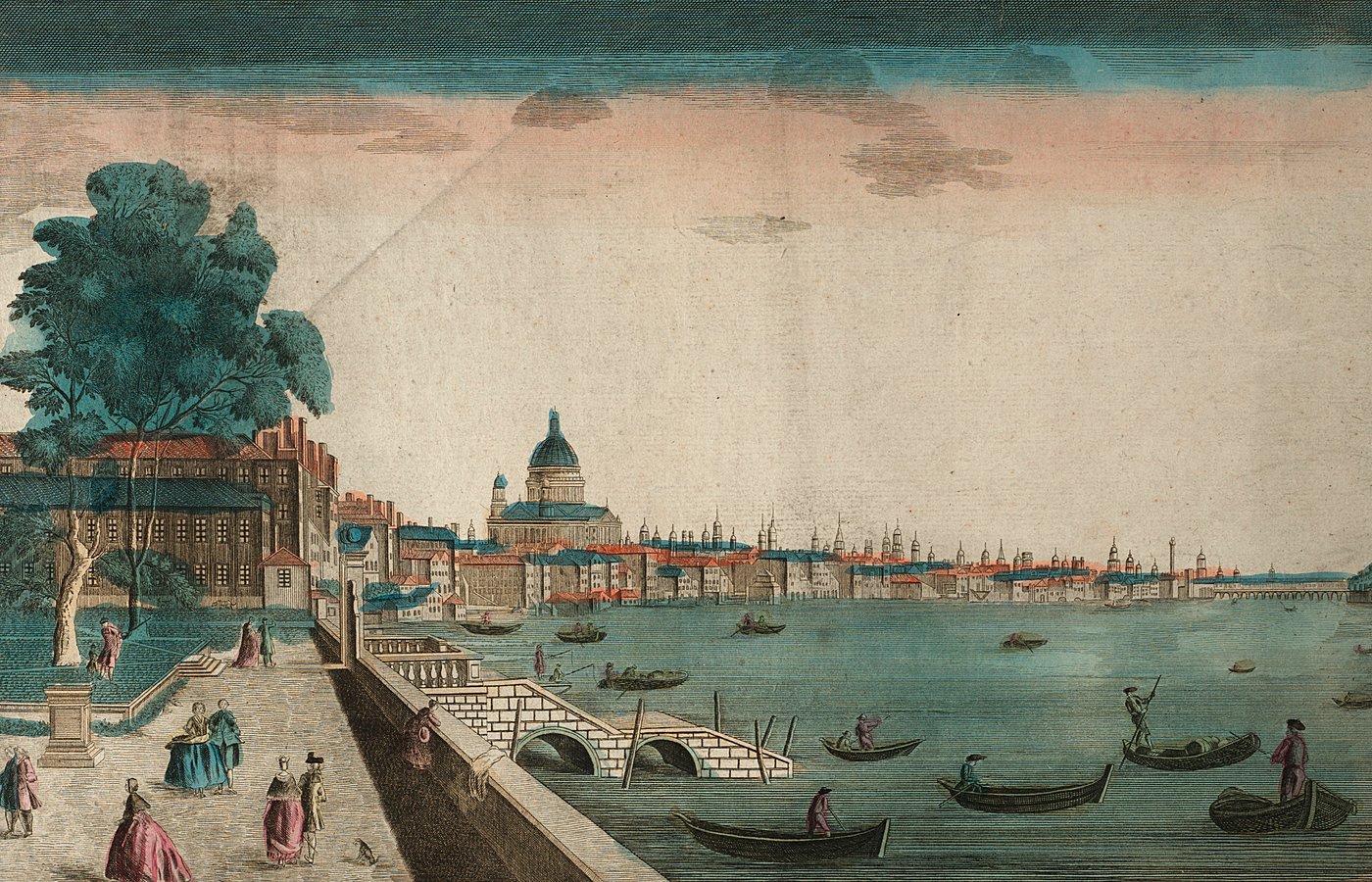"The issue of tearing things down is so far from Voltaire and an Enlightenment that worries extraordinarily about violence and abuse of power above all from those who are exercising power."
Part 1: Bringing English Thought to France
Profoundly impressed by the English scientific and philosophical revolutions of the seventeenth century, Voltaire sought to explain and to popularize new British thinking to his French readers in one of his most influential works, the Philosophical Letters. He argued that sound and innovative thinkers were more important to humanity than its political or military heroes and that preferring the philosophers of one’s native land over those of another nation was a barrier to truth and knowledge. He was respectful toward René Descartes, who was beloved among the new philosophers in France, but he praised and promoted as superior the English empirical tradition, above all the work of Francis Bacon, John Locke, and Isaac Newton.
Voltaire's discussion of Locke and Newton propagated the view that natural philosophy was limited in its claims to what could be known from experience alone, urging the abatement of metaphysical pretensions. In Voltaire’s view, Locke and Newton had achieved wonders in the realm of knowledge by approaching their work empirically and with intellectual modesty, and he was determined to explain Newton’s achievement to his countrymen. Discussing the English practice of inoculation against smallpox, Voltaire offered a model of how knowledge gained from experience could be applied to reduce the suffering of the human condition, a model that would dominate Enlightenment thinking.
Reading: Voltaire, Philosophical Letters, with emphasis on Letters 11-17. The recommended edition is the Hackett edition, which is widely available in both print and digital formats.
This lecture and discussion were recorded with a live online audience on April 21st, 2022.
For Part II, please click here.
Authors and Works Mentioned in this Episode
Alan Charles Kors, ‘Encyclopedia of the Enlightenment’
Voltaire, ‘The Philosophical Letters’
Voltaire, ‘Oedipus’
Isaac Newton, ‘Mathematical Principles of Natural Philosophy’
Francis Bacon, especially ‘Novum Organum’
John Locke, especially ‘An Essay Concerning Human Understanding’
René Descartes, ‘Discourse on the Method’
René Descartes, ‘Meditations Upon First Philosophy’
René Descartes, ‘Principles of Philosophy’
Links of Possible Interest:
Dr Kors’ Profile at FIRE
https://www.thefire.org/alan-charles-kors
Encyclopedia of the Enlightenment
https://global.oup.com/academic/product/encyclopedia-of-the-enlightenment-9780195104301
Stephen Blackwood
https://www.stephenjblackwood.com
Video Timeline
- 0:00 – Introduction
- 3:38 – Kors’ lecture: Background of the ‘Philosophical Letters’
- 5:52 – Voltaire biography
- 12:19 – Voltaire on the role of philosophy
- 16:36 – Voltaire’s heroes in English philosophy
- 18:15 – Philosophy as mastery over nature; example of inoculation
- 28:06 – Francis Bacon: the scientific framework
- 34:12 – John Locke: superiority of sense experience in knowledge acquisition
- 41:44 – Isaac Newton: the fruit of Lockean empiricism **Discussion**
- 50:50 – What would Voltaire make of the current claim that knowledge is a construct?
- 54:57 – Unusual ordering of ‘Philosophical Letters’
- 59:30 – The anti-aristocratic character of the scientific method?
- 1:02:39 – How does one ask the right questions?
- 1:06:38 – Balance between respect for past and challenging of its assumptions
- 1:14:16 – Can we know moral truths through Voltaire’s philosophical process?
- 1:23:15 – The role of humor in Voltaire’s argumentation
- 1:27:05 – Voltaire on the blank slate theory; empiricism vs ‘lived experience’
- 1:31:05 – English toleration exaggerated by Voltaire?



